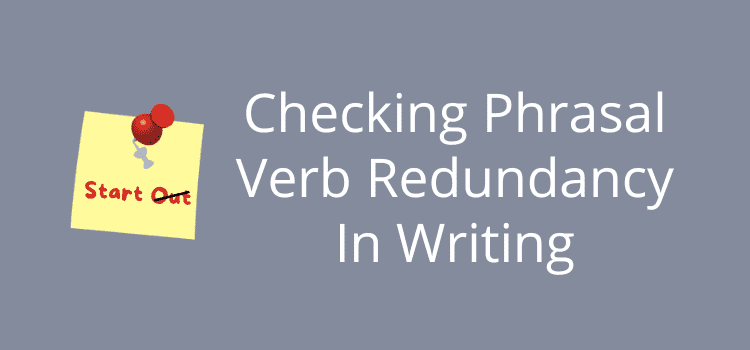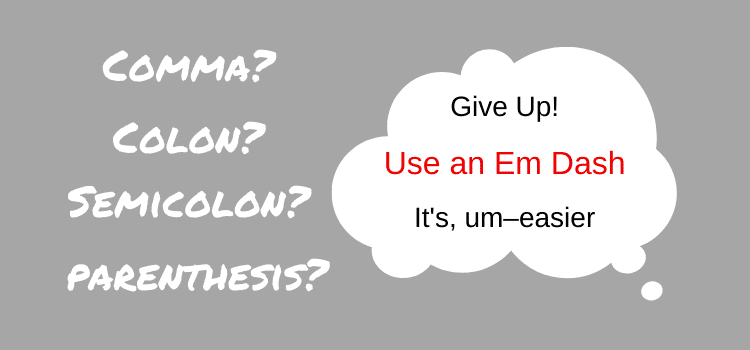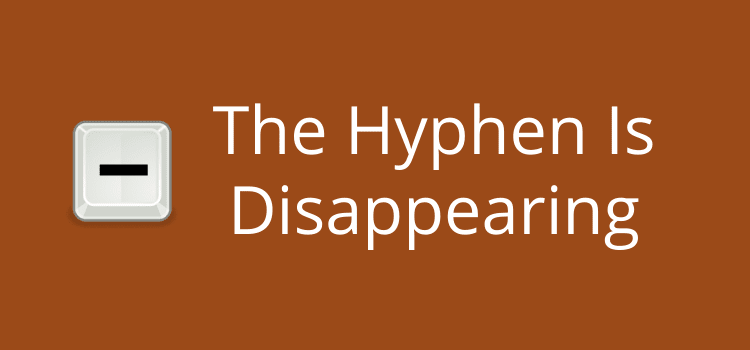
Phrasal verb redundancy is a common issue in writing. It occurs when the prepositions after the main verb serve no actual use or purpose.
In most cases, it’s easy to fix by removing the extra words or replacing the phrasal verb with a single-word verb.
When speaking, phrasal verbs add color, nuance, and flexibility to our language.
But in writing, they can sometimes interfere with clarity and conciseness. You don’t need to stop using phrasal verbs in your writing. However, it’s always a good idea to check for overuse or redundant expressions.
Understanding phrasal verbs
The phrasal or multi-word verb is unique to English and is one of the reasons our language is so rich.
The Oxford Dictionary refers to it as an idiomatic phrase consisting of a main verb followed by an adverb or preposition.
Simple examples include chop down (adverb) and give in (preposition).
In some cases, there can be two additional words, as in put up with.
The additional words after the main verb are collectively called particles in grammar.
Generally, it’s best to avoid phrasal verbs in formal and neutral writing.
But they are quite common in more informal writing, such as fiction, blog posts, and articles.
When it comes to redundancy, there aren’t any good or bad phrasal verbs; it’s a matter of deciding if your choices are appropriate.
The phrase, look forward to is acceptable in most forms of writing.
However, fill up is often better without the particle.
How to check for unnecessary particles
The adjective redundant means not needed, not useful, or superfluous.
That’s a good clue when dealing with phrasal verb redundancy.
Basically, it means that something is unnecessary.
Here are a couple of simple examples.
Can I sit down here?
We all had to stand up when the prince arrived.
The particles are unnecessary in both sentences and add nothing useful to the meaning.
This is a common issue with verbs that use particles like up, down, or in and out.
In many cases, it’s possible to remove them.
When there are two particles, it’s sometimes more challenging.
He said he’ll get around to it later today.
In this example, you could delete one particle or replace the verb.
He said he’ll get around to it later today.
He said he’ll get around to do it later today.
Editing possible redundant phrasal verbs
When you are editing, and you come across see a phrasal verb, check if there is any redundancy.
Look at the following examples to give you a guide.
James started out on his new career as a journalist last month.
The verb start can usually stand by itself, so particles are rarely necessary.
I wish you wouldn’t talk down to me like that!
Unless there is a specific need to say that someone is speaking in a condescending manner, you could delete down.
Martha always sets up three reminders for her appointments.
The verb set has many phrasal verb forms, and each use can be different. In the example above, up isn’t really necessary.
It took me hours to set up my new computer.
However, in this example, it’s not possible to remove up, and there is no practical single-word verb to replace it.
Claude drops off the children at school on his way to work.
It’s sufficient to say Claude drops the children at school. Off doesn’t serve any particular purpose.
Parking at the stadium was full up completely two hours before the start of the game.
This sentence has two redundancies because both up and completely mean entirely. But if something is full, it’s full. So there is no need for any addition to the main verb.
Replacing phrasal verbs
When writing in a formal style, it’s almost always best to use a single-word verb.
But in more informal writing, you can choose what form you think is the most appropriate.
Let’s look at a few examples.
A little before ten in the morning, a bomb went off near a crowded shopping mall.
In most cases, it would be better to use the more descriptive verb, exploded instead of went off.
Don’t forget to bring back my book when you finish reading it.
Here, the verb return is a better and more precise choice.
I don’t think it’s the best solution, but I’ll go along with it and see what happens.
The verb agree would be better in this sentence.
Our teacher doesn’t put up with students arriving late for class.
This sentence would probably be better using the verb tolerate.
Summary
Editing is not only about correcting errors. It’s more often a process of making good choices.
In the case of redundancy, phrasal verbs are always candidates to check.
But using them depends on the style, tone, and level of formality of a text.
Phrasal verbs are an essential part of the English language because they can often capture a sense that would take many more words to express.
However, they are much more prevalent in speaking than in writing.
Related Reading: When To Use Mistook Or Mistaken In Your Writing
Share This Article


